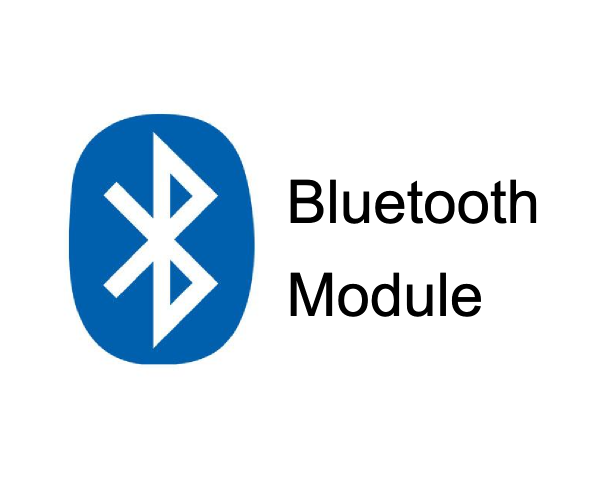
When designing a wireless device, the choice of Bluetooth module is a critical decision that can impact the performance, reliability, and even the marketability of the final product. This article serves as a guide to help you navigate through the selection process, focusing on key factors to consider when choosing a Bluetooth module for your device.
Understanding the Role of Bluetooth Modules
Bluetooth modules are integral components in wireless devices, providing the capability to communicate wirelessly with other devices over short distances. They are available in various forms, including modules that support Bluetooth Low Energy (BLE) for low power applications.
Key Factors in Choosing a Bluetooth Module
- Compatibility: Ensure the module is compatible with the host device’s communication interface and the overall system architecture.
- Bluetooth Version: Select a module that supports the desired Bluetooth version, offering features like increased range, speed, or improved power management.
- Power Consumption: For battery-operated devices, choose a module with low power consumption to extend battery life.
- Range Requirements: Consider the communication range needed for the application and select a module that can reliably operate within that distance.
- Data Rate: Evaluate the module’s data transmission rate to ensure it meets the device’s data handling requirements.
- Form Factor: The physical dimensions and form of the module should fit the design constraints of the wireless device.
- Integration Support: Look for modules with comprehensive software development kits (SDKs) and API support to ease the integration process.
- Certifications: Check for necessary certifications that ensure the module complies with international wireless communication standards.
- Security Features: If the device will be handling sensitive data, choose a module with robust security features like encryption and secure boot.
- Cost: While cost should not be the sole factor, it is important to consider the total cost of ownership, including the module price and any additional components required.
Applications of Bluetooth Modules
Bluetooth modules are used in a wide range of applications, including:
- Wearable Devices: For fitness trackers, smartwatches, and health monitoring devices.
- Home Automation: In smart thermostats, lighting systems, and security cameras.
- Industrial IoT: For sensor networks and remote equipment monitoring in manufacturing settings.
- Asset Tracking: In logistics for tracking high-value goods and optimizing supply chain efficiency.
Strategies for Effective Module Selection
- Define Device Requirements: Clearly outline the technical specifications and performance criteria for the wireless device.
- Conduct Market Research: Investigate available Bluetooth modules and compare their features, performance, and compatibility with your device.
- Prototype Testing: Test shortlisted modules in a prototype to evaluate real-world performance and integration ease.
- Consider Future-Proofing: Choose a module that can support future updates or changes in technology to extend the device’s lifecycle.
- Seek Technical Support: Opt for modules from manufacturers that offer reliable technical support and documentation.
Challenges in Module Selection
Selecting the right Bluetooth module can be challenging due to factors like varying technical specifications, evolving Bluetooth standards, and budget constraints.
Overcoming Selection Challenges
- Stay Informed: Keep up to date with the latest Bluetooth technology developments and module releases.
- Leverage Expertise: Consult with experts or leverage community knowledge to gain insights into module performance and reliability.
- Balance Cost and Performance: Make informed trade-offs between cost and performance to select a module that offers the best value.
Conclusion
Choosing the right Bluetooth module is a crucial step in designing a successful wireless device. By considering factors such as compatibility, power consumption, range, data rate, form factor, integration support, certifications, security features, and cost, you can select a module that meets the specific needs of your device. As Bluetooth technology continues to advance, staying informed and making strategic choices in module selection will be key to creating innovative and competitive wireless products.
As a professional manufacturer of Bluetooth module, Tecksay has independently developed and produced a number of Bluetooth modules that have been applied to many industries. With more than ten years of industry experience, Tecksay can customize Bluetooth Module embedded solutions for customers from design, project management, function customization, system development and other aspects.




